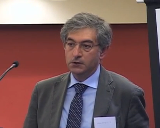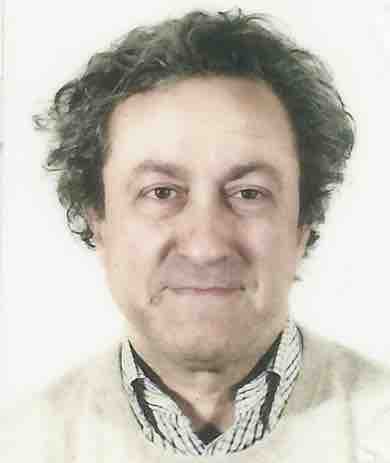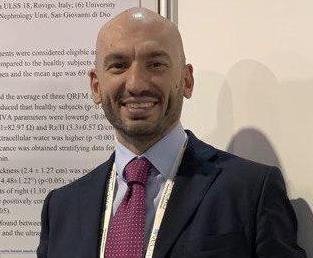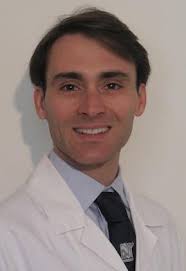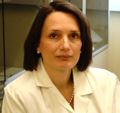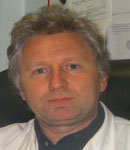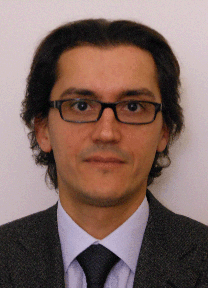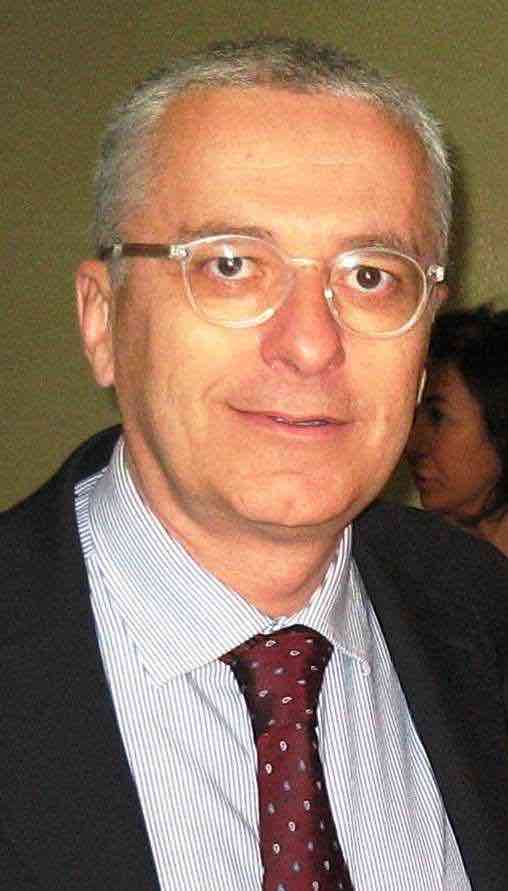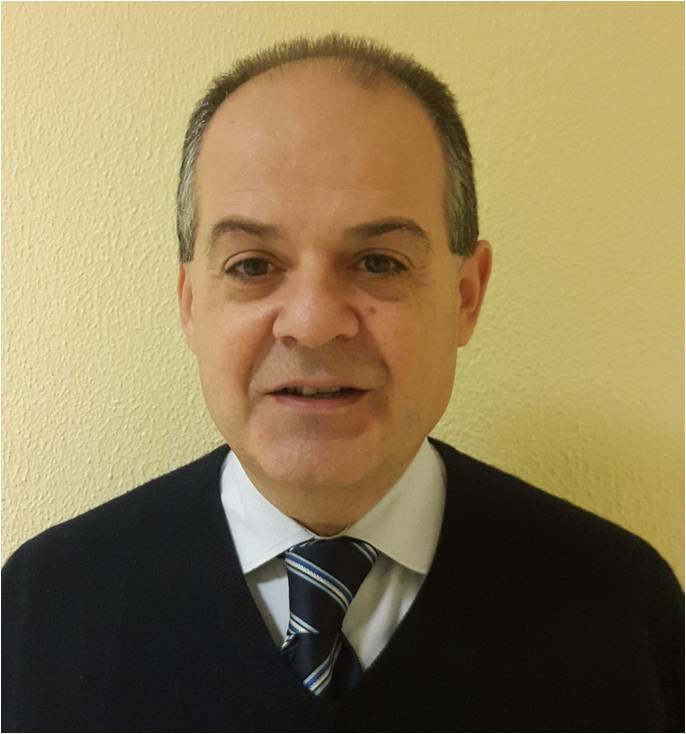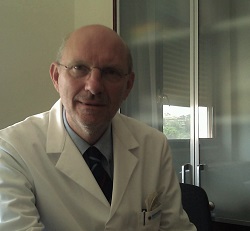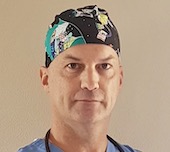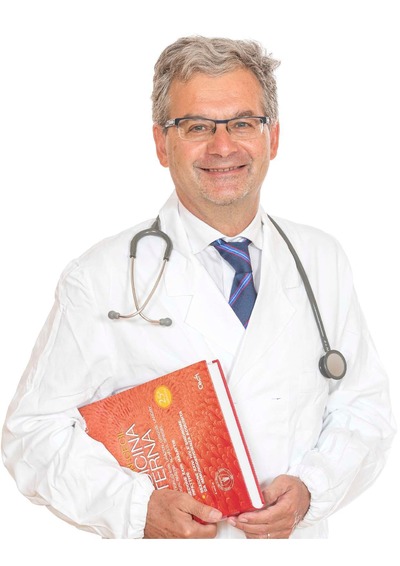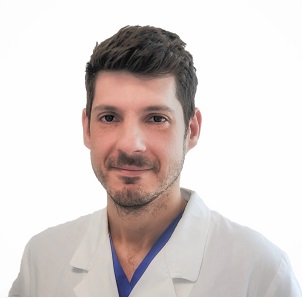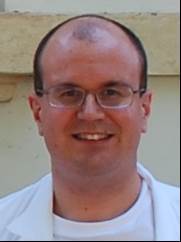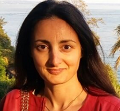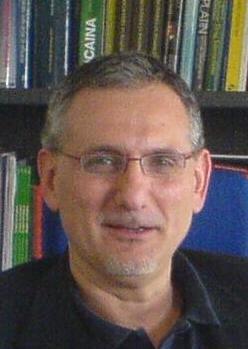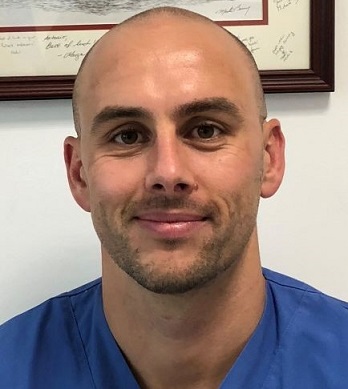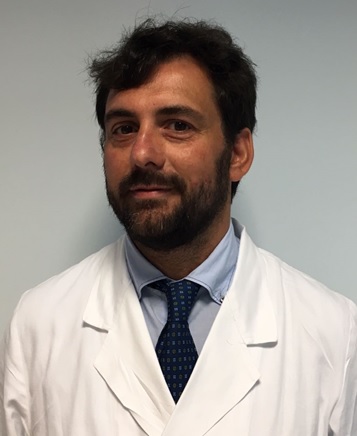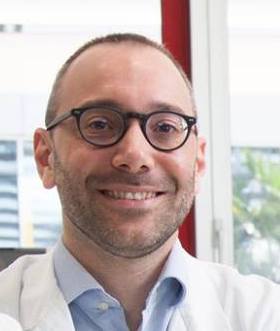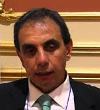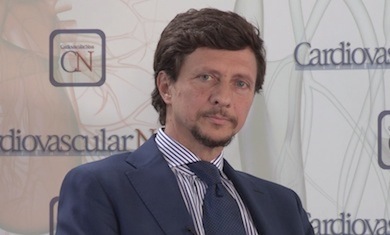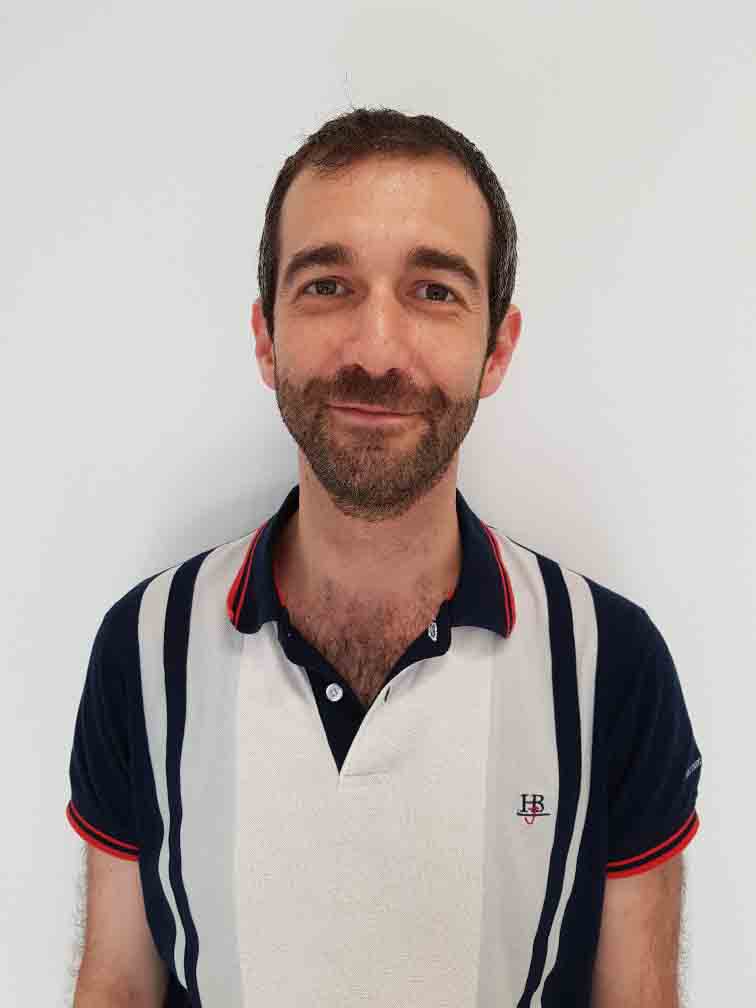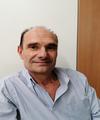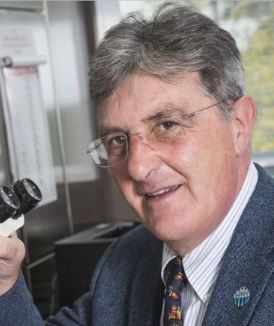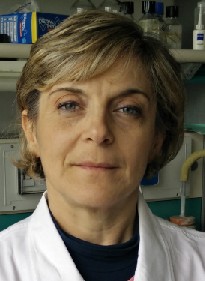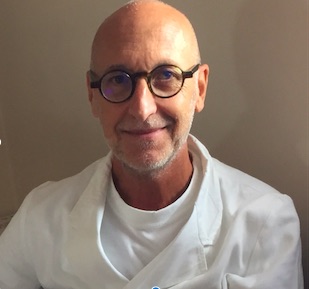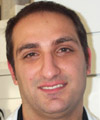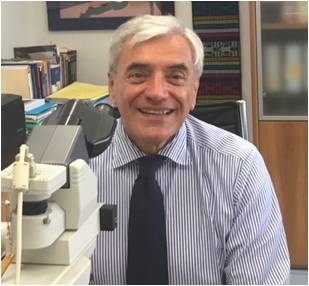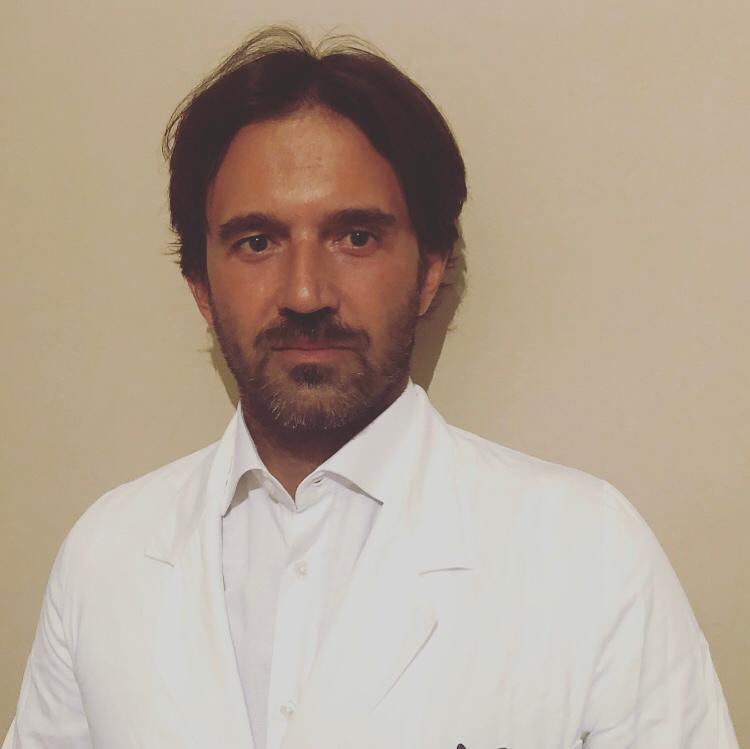Studying at the University of Verona
Academic calendar
The academic calendar shows the deadlines and scheduled events that are relevant to students, teaching and technical-administrative staff of the University. Public holidays and University closures are also indicated. The academic year normally begins on 1 October each year and ends on 30 September of the following year.
Course calendar
The Academic Calendar sets out the degree programme lecture and exam timetables, as well as the relevant university closure dates..
| Period | From | To |
|---|---|---|
| 1° semestre | Oct 4, 2021 | Dec 23, 2021 |
| 2° semestre | Feb 21, 2022 | May 31, 2022 |
| Session | From | To |
|---|---|---|
| Iscrizione ai corsi elettivi I semestre | Sep 4, 2021 | Oct 3, 2021 |
| Sessione per studenti fuori corso | Oct 1, 2021 | Sep 30, 2022 |
| Sessione invernale | Jan 3, 2022 | Feb 18, 2022 |
| Iscrizione ai corsi elettivi II semestre | Jan 13, 2022 | Feb 16, 2022 |
| Sessione estiva VI anno | Mar 28, 2022 | Jul 29, 2022 |
| Sessione estiva | Jun 3, 2022 | Jul 29, 2022 |
| Sessione autunnale | Sep 1, 2022 | Sep 30, 2022 |
| Session | From | To |
|---|---|---|
| Sessione straordinaria 2020/2021 - I laureandi della sessione straordinaria devono terminare gli esami entro il 18 febbraio 2022 | Mar 14, 2022 | Mar 25, 2022 |
| Sessione estiva - I laureandi nella sessione di luglio devono terminare gli esami entro il 17 giugno 2022 | Jul 4, 2022 | Jul 15, 2022 |
| Sessione autunnale - I laureandi di ottobre devono terminare gli esami entro il 23 settembre 2022 | Oct 10, 2022 | Oct 21, 2022 |
| Period | From | To |
|---|---|---|
| Festa di Tutti i Santi | Nov 1, 2021 | Nov 1, 2021 |
| Festa dell'Immacolata Concezione | Dec 8, 2021 | Dec 8, 2021 |
| Festività natalizie | Dec 24, 2021 | Jan 2, 2022 |
| Festività pasquali | Apr 15, 2022 | Apr 19, 2022 |
| Festa della Liberazione | Apr 25, 2022 | Apr 25, 2022 |
| Festa di San Zeno - S. Patrono di Verona | May 21, 2022 | May 21, 2022 |
| Chiusura estiva | Aug 15, 2022 | Aug 20, 2022 |
| Description | Period | From | To |
|---|---|---|---|
| Esercitazioni, Attività pratiche, Tirocini professionalizzant | Esercitazioni, Attività pratiche, Tirocini professionalizzant | Oct 4, 2021 | Sep 30, 2022 |
Exam calendar
Exam dates and rounds are managed by the relevant Medicine Teaching and Student Services Unit.
To view all the exam sessions available, please use the Exam dashboard on ESSE3.
If you forgot your login details or have problems logging in, please contact the relevant IT HelpDesk, or check the login details recovery web page.
Should you have any doubts or questions, please check the Enrollment FAQs
Academic staff
 annalisa.adamo@gmail.com
annalisa.adamo@gmail.com
 amod101@yahoo.it; antonio.amodio@ospedaleuniverona.it
amod101@yahoo.it; antonio.amodio@ospedaleuniverona.it
 elena.antelmi@univr.it
elena.antelmi@univr.it
 yuri.battaglia@univr.it
yuri.battaglia@univr.it
 rebecca.casari@aovr.veneto.it
rebecca.casari@aovr.veneto.it
 mario.debellis_01@univr.it
mario.debellis_01@univr.it
 nic.depretis@yahoo.it
nic.depretis@yahoo.it
 davide.gatti@univr.it
davide.gatti@univr.it
 0458123729
0458123729
 tommaso.maluta@univr.it
tommaso.maluta@univr.it
 guido.martignoni@univr.it
guido.martignoni@univr.it
 nicola.pelizzari@univr.it
nicola.pelizzari@univr.it
 sara.pilotto@univr.it
sara.pilotto@univr.it
 daniele.prati@univr.it
daniele.prati@univr.it
 elda.righi@univr.it
elda.righi@univr.it

Scuro Alberto
 alberto.scuro@univr.it
alberto.scuro@univr.it
 +39 045 812 4413
+39 045 812 4413
 jacopo.weindelmayer@aovr.veneto.it
jacopo.weindelmayer@aovr.veneto.it
Study Plan
The Study Plan includes all modules, teaching and learning activities that each student will need to undertake during their time at the University.
Please select your Study Plan based on your enrollment year.
1° Year
| Modules | Credits | TAF | SSD |
|---|
Medical and scientific English
2° Year activated in the A.Y. 2022/2023
| Modules | Credits | TAF | SSD |
|---|
3° Year activated in the A.Y. 2023/2024
| Modules | Credits | TAF | SSD |
|---|
4° Year It will be activated in the A.Y. 2024/2025
| Modules | Credits | TAF | SSD |
|---|
5° Year It will be activated in the A.Y. 2025/2026
| Modules | Credits | TAF | SSD |
|---|
6° Year It will be activated in the A.Y. 2026/2027
| Modules | Credits | TAF | SSD |
|---|
| Modules | Credits | TAF | SSD |
|---|
Medical and scientific English
| Modules | Credits | TAF | SSD |
|---|
| Modules | Credits | TAF | SSD |
|---|
| Modules | Credits | TAF | SSD |
|---|
| Modules | Credits | TAF | SSD |
|---|
| Modules | Credits | TAF | SSD |
|---|
Legend | Type of training activity (TTA)
TAF (Type of Educational Activity) All courses and activities are classified into different types of educational activities, indicated by a letter.
Physiology II and Psychology (2023/2024)
Teaching code
4S01167
Credits
12
Coordinator
Language
Italian
Courses Single
Not AuthorizedThe teaching is organized as follows:
FISIOLOGIA
Credits
9
Period
See the unit page
Location
VERONA
Academic staff
See the unit page
Learning objectives
The goal of the course is to form students in relation to the following topics: - The role of the kidney in ensuring balance of the body for water and solutes, as well as acid-base balance; - Basal metabolism and activity metabolism, and the body requirements in terms of calories and specific nutrients, including the regulatory role of the nervous system and of various hormones; - The physiology of the digestive tract, including motility, secretion, digestion, and absorption; - The endocrine glands and their control by the hypothalamus-hypophysis; - The structure and function of the sensory and motor systems and their centers in the brain; - The structure and mechanisms underlying the sleep-wake cycle; - The cellular and molecular mechanisms of neuronal plasticity; - The psychological and neuropsychological bases of learning and memory, perception, attention, motivation and emotion, intelligence and language; - Hemispheric specialization and interaction, and the biological bases of perceptual awareness.
Prerequisites and basic notions
The goal of the course is to form students in relation to the following topics:
- The role of the kidney in ensuring balance of the body for water and solutes, as well as acid-base balance;
- Basal metabolism and activity metabolism, and the body requirements in terms of calories and specific nutrients, including the regulatory role of the nervous system and of various hormones;
- The physiology of the digestive tract, including motility, secretion, digestion, and absorption;
- The endocrine glands and their control by the hypothalamus-hypophysis;
- The structure and function of the sensory and motor systems and their centers in the brain;
- The structure and mechanisms underlying the sleep-wake cycle;
- The cellular and molecular mechanisms of neuronal plasticity;
- The psychological and neuropsychological bases of learning and memory, perception, attention, motivation and emotion, intelligence and language.
Bibliography
Criteria for the composition of the final grade
The exam concerning the module of Physiology II will consit in an oral examination by at least two faculty members. The exam concerning the module of Psychology will consist in a written test in the form of a multiple-choice test.
Free choice courses
| years | Modules | TAF | Teacher |
|---|---|---|---|
| 5° 6° | Experimental microsurgery | D | Not yet assigned |
| 5° 6° | Extracorporeal life support | D | Not yet assigned |
Career prospects
Module/Programme news
News for students
There you will find information, resources and services useful during your time at the University (Student’s exam record, your study plan on ESSE3, Distance Learning courses, university email account, office forms, administrative procedures, etc.). You can log into MyUnivr with your GIA login details: only in this way will you be able to receive notification of all the notices from your teachers and your secretariat via email and soon also via the Univr app.
Erasmus+ e altre esperienze all'estero
Extra courses and activities
Opzioni (cambio di ordinamento)
Studenti iscritti alla classe LM/41 (Classe delle lauree magistrali in medicina e chirurgia)
Il MUR, con nota prot. n. 8610 del 25/3/2020 avente oggetto: “Abilitazione all’esercizio della professione di Medico-Chirurgo - art. 102 - Decreto legge 17 marzo 2020 n. 18 (convertito con modificazioni dalla L. 24 aprile 2020, n. 27), dispone l’adeguamento dell’ordinamento della classe LM/41 alle normative citate in oggetto.
Coloro i quali hanno concluso/concluderanno il tirocinio pratico-valutativo pre-lauream con giudizio di idoneità (ai sensi del DM 58/2018), conseguita la laurea, sono abilitati all’esercizio della professione di medico-chirurgo e possono procedere all’iscrizione presso l’Ordine dei Medici.
Rilascio del titolo di abilitazione
Ai fini del rilascio dell’abilitazione professionale è richiesto il pagamento delle seguenti tasse:
- tassa erariale pari a € 49,90 da versarsi prima che inizi la frequenza del tirocinio pratico valutativo
- tassa regionale di abilitazione da versarsi all’atto della consegna del titolo di abilitazione.
Studenti iscritti alla classe 46/S (Classe delle lauree specialistiche in medicina e chirurgia) e ordinamenti previgenti (attualmente fuori corso) oppure studenti iscritti alla classe LM/41 con coorti antecedenti alla coorte 2014 (attualmente fuori corso).
Il MUR, con nota prot. n. 8610 del 25/3/2020 avente oggetto: “Abilitazione all’esercizio della professione di Medico-Chirurgo - art. 102 - Decreto legge 17 marzo 2020 n. 18” dispone che, gli iscritti agli ordinamenti previgenti, con tirocinio pratico previsto post – laurea (ai sensi del DM 445/2001), ferme restando le norme sulla decadenza dagli studi, possono concludere il percorso di studio senza dovere necessariamente acquisire, ai fini dell’ammissione all’esame finale di laurea, il giudizio di idoneità del suddetto tirocinio pratico valutativo. In tal caso il diploma di laurea che rilascerà l’Ateneo avrà la sola valenza di titolo accademico. Resterà ferma, in ogni caso la possibilità per tali soggetti di conseguire eventualmente l’abilitazione all’esercizio della professione di medico-chirurgo in un momento successivo, secondo le modalità di cui al comma 2 dell’art.102, cioè conseguendo la valutazione del tirocinio prescritta dal D.M. n. 445/2001. L’Ateneo continuerà a predisporre un separato diploma di abilitazione.
Si ricorda che ai suddetti studenti è in ogni caso consentita l’opzione al nuovo ordinamento secondo i termini e le modalità previste.
Documents
| Title | Info File |
|---|---|
|
|
pdf, it, 525 KB, 14/06/21 |
|
|
pdf, it, 419 KB, 14/06/21 |
|
|
pdf, it, 377 KB, 12/12/23 |
|
|
pdf, it, 483 KB, 10/02/23 |
|
|
pdf, it, 481 KB, 10/02/23 |
Timetable
Documents
| Title | Info File |
|---|---|
|
|
pdf, it, 19 KB, 12/02/24 |
|
|
pdf, it, 18 KB, 28/02/24 |
|
|
pdf, it, 21 KB, 29/02/24 |
|
|
pdf, it, 21 KB, 27/02/24 |
|
|
pdf, it, 18 KB, 07/03/24 |
|
|
pdf, it, 12 KB, 21/02/24 |
|
|
pdf, it, 781 KB, 29/02/24 |
|
|
pdf, it, 280 KB, 29/11/23 |
|
|
pdf, it, 548 KB, 22/09/23 |
Graduation
Documents
| Title | Info File |
|---|---|
|
|
pdf, it, 353 KB, 28/02/24 |
|
|
pdf, it, 249 KB, 22/02/24 |
|
|
pdf, it, 354 KB, 22/02/24 |
|
|
pdf, it, 248 KB, 22/02/24 |
|
|
pdf, it, 351 KB, 22/02/24 |
|
|
pdf, it, 249 KB, 22/02/24 |
|
|
pdf, it, 104 KB, 25/09/23 |
|
|
pdf, it, 838 KB, 17/03/22 |
|
|
pdf, it, 826 KB, 27/10/21 |
